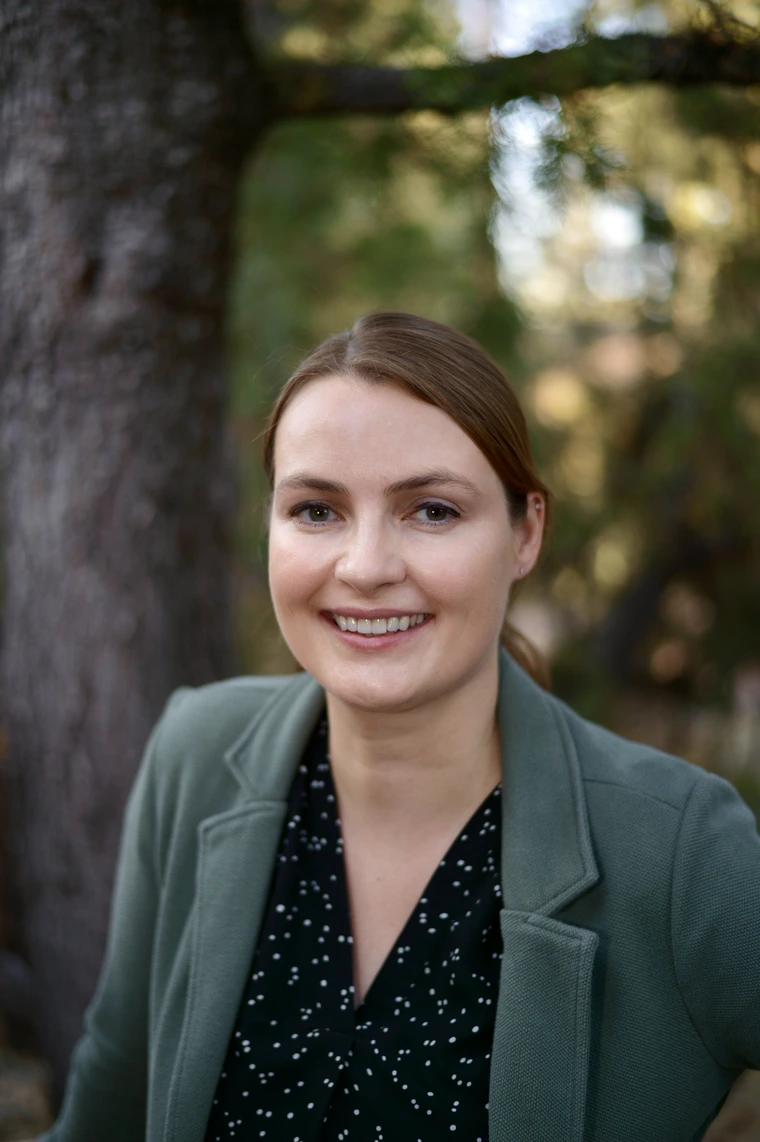Joela Jacobs

Her research focuses on the intersection of 19th-21st-century German literature with Plant Studies, Animal Studies, Environmental Humanities, Jewish Studies, the History of Sexuality, and the History of Science. Books include the monograph Animal, Vegetal, Marginal: The German Literary Grotesque from Panizza to Kafka (Indiana University Press, 2025), Plant Poetics: The Literary Forms and Functions of the Vegetal (Brill, 2025, co-edited with Isabel Kranz and Solvejg Nitzke), and Microbium: The Neglected Lives of Micro-Matter (punctum books, 2023, co-edited with Agnes Malinowska), in addition to several journal special issues (on the literary lives of plants, animal narratology, third-generation memory literature, and the author Oskar Panizza) as well as a Metzler cultural studies companion to plants in German (co-edited with Isabel Kranz). She has published articles on a range of topics—from cultures of environmentalism to phytopoetics (for more information about publications, see here). She co-founded the Literary and Cultural Plant Studies Network in 2016 and has facilitated it since. In 2019, she received the College of Humanities Distinguished Teaching Award, and in 2020, she was honored with the University of Arizona Foundation Leicester and Kathryn Sherrill Creative Teaching Award. See her full profile here.

